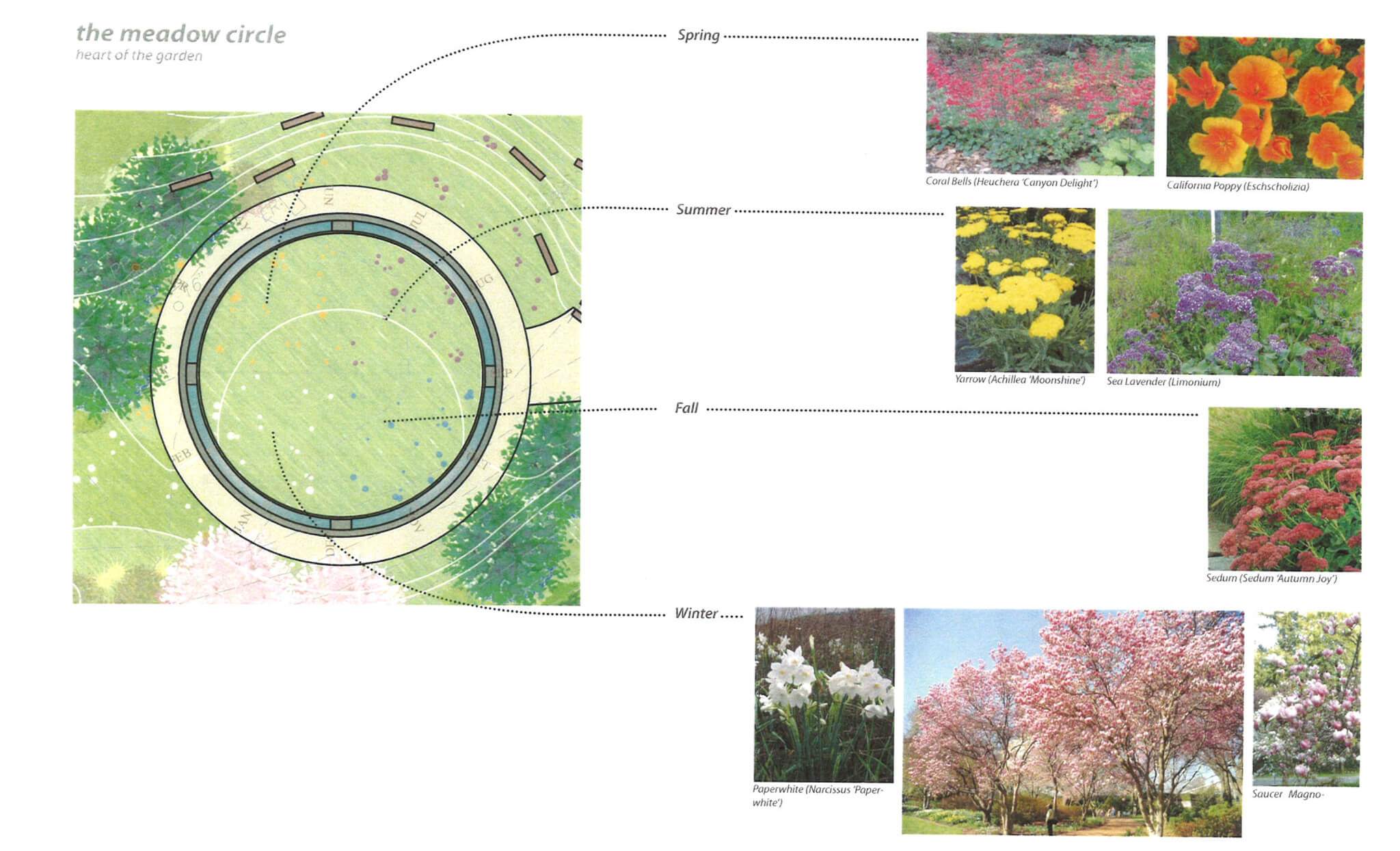Two San Francisco moms, Debbie Findling and Abby Porth, who both experienced fertility losses, co-created a project to develop a “memory garden” that’ll provide a place for reflection and mourning of an inability to conceive ,or are mourning miscarriages, and stillbirths.
The Jewish Community Memory Garden will be located on the grounds of Sinai Memorial Chapel’s Eternal Home Cemetery in Colma, and be open to all faiths. The two women, who developed the idea for the garden in 2009, also hope to spur the creation of educational materials for social workers, chaplains, doctors, and nurses about Jewish views on infertility and fertility loss.
According to Sam Salkin, Sinai Memorial Chapel’s executive director, the final design and budget for the Memory Garden will be completed this month. Construction is expected to begin late this year or early next. “When the concept paper was brought before Sinai’s board of directors, everyone was very positive, very animated,” said Salkin. “They immediately stood up and said, ‘Let’s do this.’” Sinai’s board unanimously voted to donate land for the Memory Garden. In addition, each board member has made a financial contribution to the project.
“People who have had these losses have suffered alone,” said Salkin. “They may not even have talked to their best friend about it. The Memory Garden is a way to take a conversation that’s not quite underground, but terribly muted and limited, to the community. With the Garden, we’re essentially putting our arms around the shoulders of those who have experienced a loss and saying, ‘We’re here for you.’”
According to Salkin, the Garden will be quiet, with little nearby vehicle traffic. At its core there’ll be a 55 feet diameter circular water element. A rock covering will enable visitors to pick up stones and place them in a water trough, in accordance with the Jewish tradition of placing stones on or near a grave. Placement of the pebbles will subtly change the sound of the running water.
The Garden will have a meditative area encircled by redwood trees, small when planted, but eventually big enough to form a canopy. There’ll be a number of places for individuals or couples to sit, with a mini-amphitheater for gatherings. California native plants that don’t require much maintenance will populate the grounds. Similar to the AIDS Memorial Grove, there’ll be no graves in the Garden.
Over the past couple of years, Sinai has held two focus groups about the project. The first was composed of individuals who had experienced infertility or fertility losses. The second consisted of rabbis across the religious spectrum.
The concept of the Memory Garden sprung from conversations between Findling, a former Potrero Hill resident and philanthropic advisor for the Lisa and Douglas Goldman Fund, a private charitable organization; and Porth, associate executive director of the Jewish Community Relations Council, a public affairs organization that represents the Bay Area Jewish community. Findling and Porth discussed their past miscarriages and stillbirth, observing that Judaism afforded them few opportunities to memorialize their experiences.
“I was just surprised that in Judaism, which offers a safe protocol for grieving the loss of someone who has lived, there is a dearth of ritual for fertility losses,” said Porth. “I felt pretty isolated in the very natural process of grieving. I wanted to create a bridge to mourn fertility losses. I wanted and needed a space to do it.”
“Abby had this idea that we could create a place kind of like an AIDS memorial grove, where men and women could have a sacred place to reflect. We talked to Jewish community leaders. We received enthusiastic responses from rabbis across the Jewish spectrum,” said Findling.
The Garden will be the first project of its kind in the nation. There currently are no Jewish spaces where the bereaved can come or congregate specifically to grieve infertility and fertility loss. The presence of the Garden, and the opportunities it will afford individuals and groups to reflect, will create space for dialogue and the development of rituals related to such losses within the Jewish, and potentially other, communities.
Tax-deductible donations can be made to the Jewish Memory Garden Fund through the Jewish Community Federation, said Mark Reisbaum, senior director of philanthropic engagement for the Federation.
Rabbi Carla Fenves of Congregation Emanu-El, who participated in early discussions about the Memory Garden, said it’s important for Judaism to address infertility and fertility loss, especially because many Jewish women are starting families when they are older and, as a result, are more likely to experience fertility issues. Likewise, Orthodox sects of Judaism encourage large families, which can lead to fertility loss simply because the odds of it occurring increase as women age and engage in more pregnancies.
Patricia Gibbs, founder of and practitioner at the San Francisco Free Clinic in the Richmond District, has provided financial support for the Memory Garden. “I’m at the other end of the phone when people are calling with early pregnancy loss,” she said. “I’ve also been there as a resident when there is a late pregnancy loss. We didn’t have the resources to deal with it. It always seemed a glaring lack.”
Women who have experience a loss “…have to address it and work through it,” Gibbs continued. “In the meantime, the overriding rule is compassion and understanding. I really empathize with women who are going through this. I want to help provide the Memory Garden for them.”
“I think the more education, the more awareness there is, all of that will be very helpful,” said Susan Moldaw, who was joined by her mother and sister is providing financial support to the project. “The Memory Garden should be open to anyone going through this type of loss. My mother, sister, and I are happy this project is going forward.”


